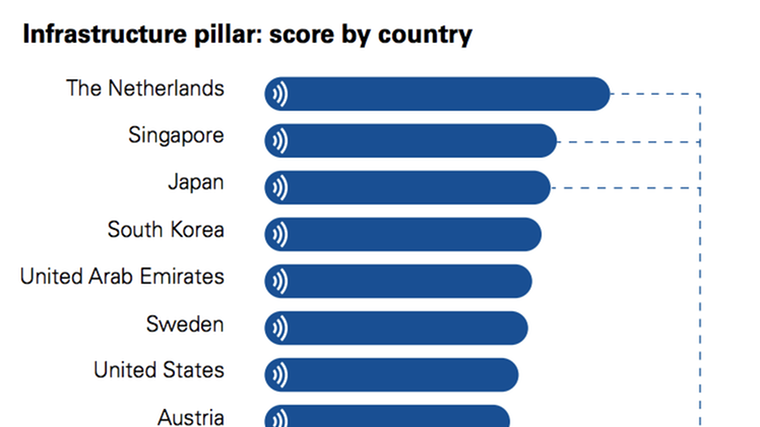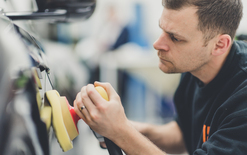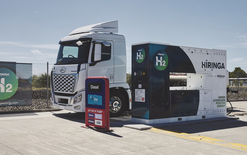KPMG's latest report on AVs

Autonomous vehicles (AVs) are set to revolutionise not only transportation but the way people both live and work. KPMG’s 2018 Autonomous Vehicles Readiness Index (AVRI) provides an in-depth view of what it takes for countries to meet the challenges of self-driving cars and which countries are most prepared for their arrival. The Index evaluates each country according to four pillars that are integral to a country's capacity to adopt and integrate AVs. These include: policy & legislation; technology & innovation, infrastructure and consumer acceptance. Is New Zealand ready for an AV-driven future? On policy and legislation, New Zealand received a score of 7.92 out of 10, putting them ahead of the Netherlands, in second place. The high score was due to New Zealand’s coherent AV regulation and also having a dedicated department to deal with AV regulation. New Zealand legislation does not explicitly require a vehicle to have a driver present for the car to be used on the road, which allows the New Zealand Transport Agency (NZTA) to provide support to those undertaking AV testing. New Zealand is also collaborating with Australia to minimise duplication and share knowledge on AVs. The collaboration demonstrates how countries can pool resources to develop and improve autonomous vehicles. New Zealand is also known for its particularly transparent regulatory framework; the World Economic Forum rated New Zealand highly for law-making and legal efficiency. “New Zealand is affluent and large enough to support meaningful product trials, but small enough to prevent teething troubles damaging the reputation of a technology or company. Microsoft, Facebook and drone delivery company Flirtey have used it as a development lab. Christchurch has hosted the world’s first fully AV trial at an international airport,” says Jesse Phillips Director, Deal Advisory KPMG in New Zealand. The country was ranked fifth in terms of consumer acceptance due to good rating from KPMG’ Change Readiness Index, as well as having AV testing in areas of high population density. It also offers a wide range of climatic conditions within a relatively small area. New Zealand however scores less well on technology and innovation. KPMG’s research found there were no AV company headquarters, patents or major investments in the AV field, even though New Zealand has the third-highest market share of electric cars. On infrastructure, New Zealand has landed in the bottom five due to low levels of 4G coverage outside of heavily populated areas, few charging stations and middling rating for road quality and road infrastructure. How well did other countries do? The Netherlands is the clear leader, it ranked within the top four of each of the four pillars and ranked number one on infrastructure. Netherlands has by far the highest density of electrical vehicle charging points, with 26,789 publicly-available points in 2016, according to the International Energy Agency’s Global EV Outlook. “The Dutch ecosystem for AVs is ready. The intensively-used Dutch roads are very well developed and maintained and other indicators like telecoms infrastructure are also very strong. In addition, the Dutch government Ministry of Infrastructure has opened the public roads to largescale tests with self-driving passenger cars and lorries,” says Stijn de Groen, Manager, Digital Advisory KPMG in the Netherlands. Australia was ranked reasonably well on the index. Several cities are hosting AV trials however, improvements to roads and electric charging infrastructure would help with its AV readiness. Road transport relies on the quality of road infrastructure as well as the regulatory environment that determine access to that infrastructure. Poor showings on infrastructure undermines the ambitions of New Zealand. The Netherlands leads this index because it performs strongly across all four pillars of research, showing how both its private and public sectors are highly engaged.





